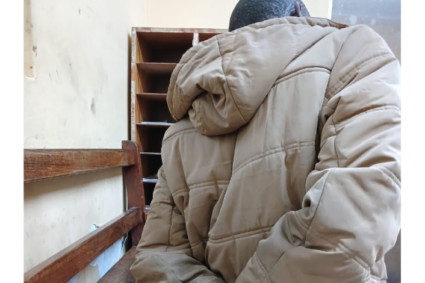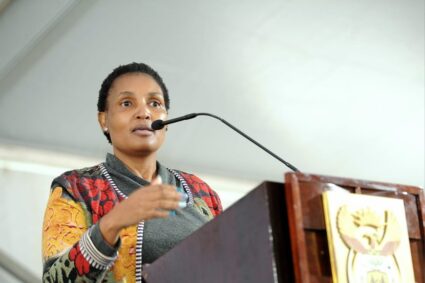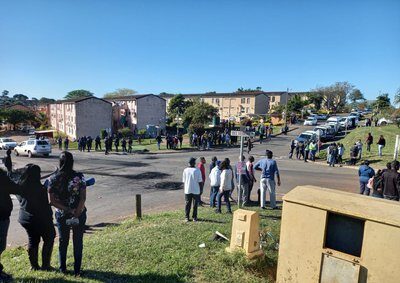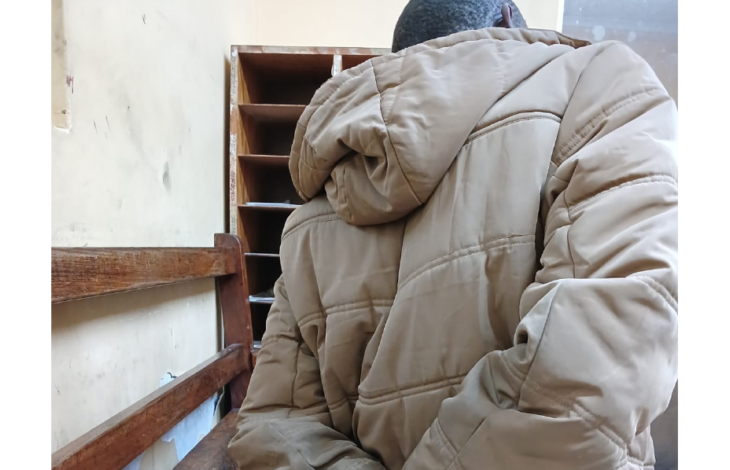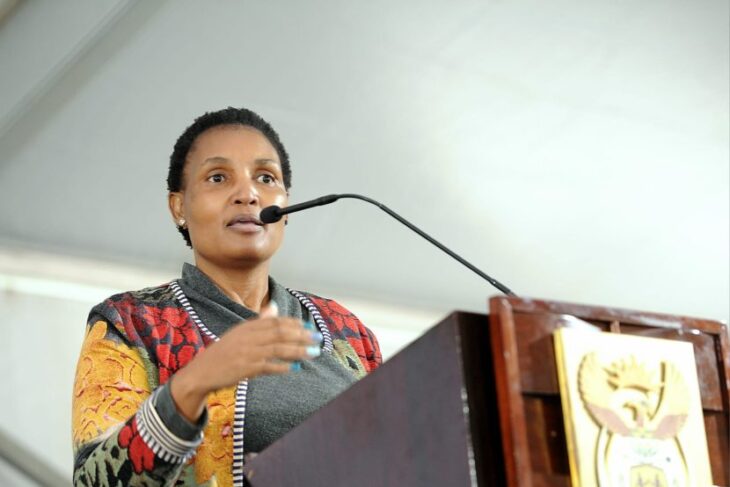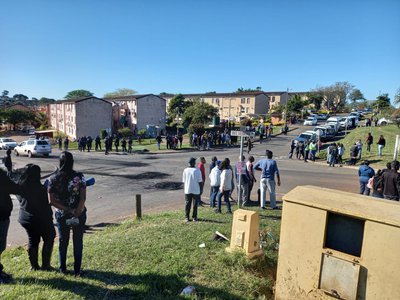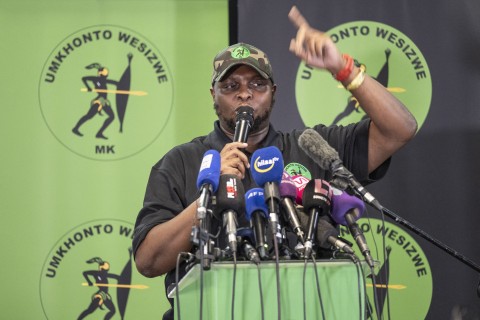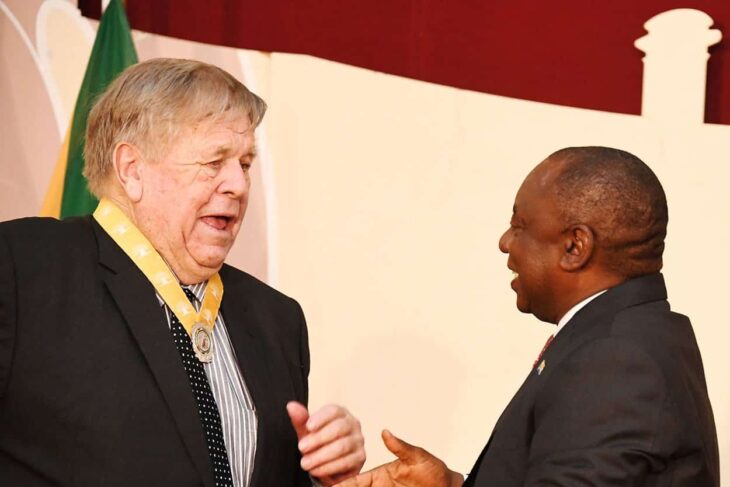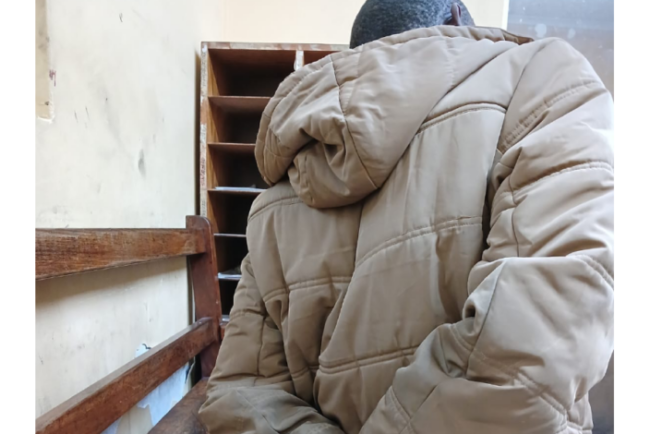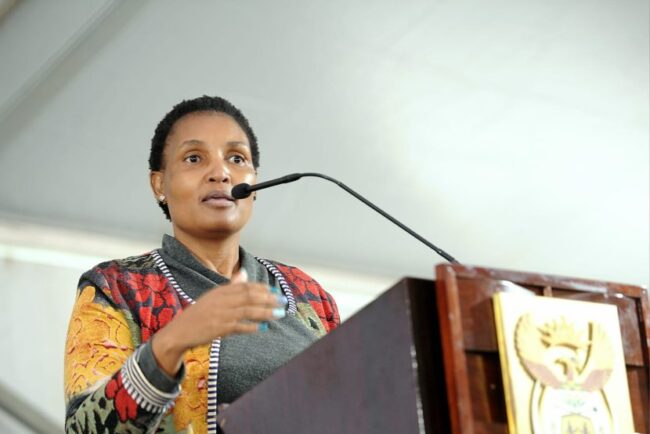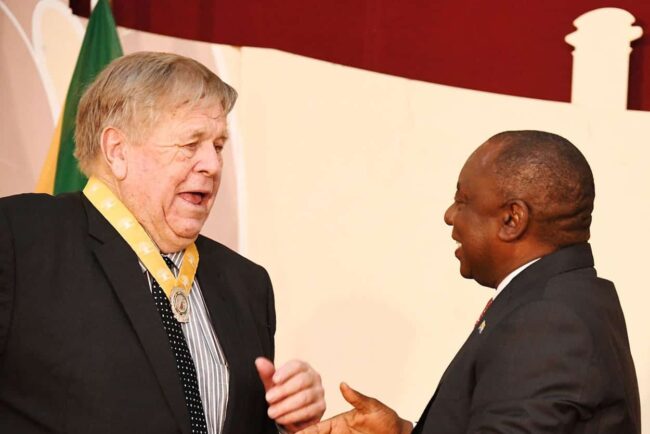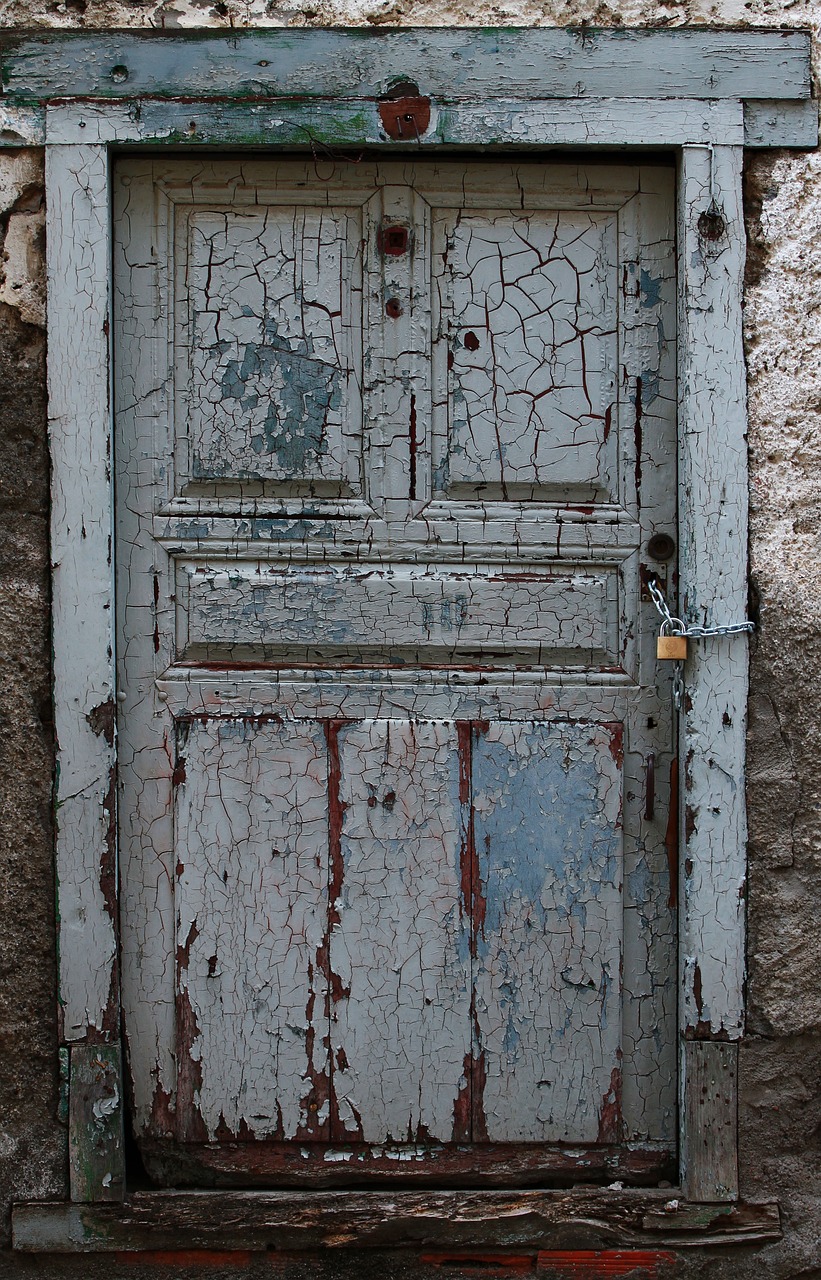
Human Trafficking has caught South Africa in shock as the women were find to use as prostitute in Israel.
In a significant crackdown on human trafficking, five South African women have been rescued from a notorious network that had forced them into prostitution in Jerusalem, Israel. The rescue operation has brought to light the grim realities of modern-day slavery and the international efforts needed to combat it.
Details of the Operation
The investigation, spearheaded by Israeli authorities, uncovered that the trafficking network operated primarily from the Tel Aviv area. This nefarious organization was responsible for illegally importing women from South Africa into Israel, where they were coerced into sex work. The operation culminated in a raid in June, which targeted a suspected brothel in Jerusalem, as reported by Israel’s national broadcaster, KAN.
The Raid and Its Aftermath
During the raid, law enforcement officers seized various pieces of evidence, including cellphones and cash, which are believed to be linked to the trafficking activities. A video broadcast by KAN showed the dramatic scenes of the police operation, providing a stark visual of the crackdown.
The women involved told investigators harrowing stories of their ordeal. One particularly disturbing testimony revealed that the women were thrown naked into the street after one of the traffickers expressed dissatisfaction with their performance. This inhumane treatment underscores the brutality and callousness of the traffickers.
The Trafficking Route
The investigation revealed that the women were brought to Israel from South Africa via Jordan, using various deceitful pretexts. This complex route highlights the sophisticated nature of the trafficking network and the lengths to which traffickers go to exploit vulnerable individuals.
Rescue and Arrests
Three of the women were found in Jerusalem, while the other two were discovered in Tel Aviv. In Tel Aviv, the police found the victims in the company of three South African nationals – two men and a woman, all in their 40s. These individuals were immediately arrested and remain in custody. The swift arrests signify the authorities’ commitment to dismantling the network and ensuring justice for the victims.
A few days after the initial raid, another suspect, also a South African national, was apprehended in south Tel Aviv. The net closed further in July when a fifth suspect, a dual citizen of Nigeria and South Africa in his 40s, was arrested at Ben Gurion Airport while attempting to flee Israel.
Ongoing Investigations
According to KAN, it is suspected that the detainees had extensive contacts with women and orchestrated their arrival in Israel under the guise of pilgrims, entering through Jordan and Ben Gurion Airport. This method of operation indicates a well-organized network with international reach, capable of manipulating immigration and pilgrimage processes for their illicit purposes.
Victims’ Welfare
Following their rescue, the women have been transferred to a shelter for trafficked victims, where they are receiving the necessary care and support to begin the recovery process. These shelters play a crucial role in providing a safe haven for victims, helping them to rebuild their lives after such traumatic experiences.
Official Responses
Clayson Monyela, spokesperson for the South African Department of International Relations and Cooperation, stated that the department had not been officially notified about the incident but was actively following up on the reports. This case highlights the importance of international cooperation and timely communication between countries to effectively combat human trafficking.
Conclusion
The rescue of these five women is a significant victory in the fight against human trafficking, but it also serves as a stark reminder of the ongoing challenges. Human trafficking is a global scourge that requires concerted efforts from governments, law enforcement agencies, and civil society to eradicate. As investigations continue and more details emerge, it is crucial to support the victims and ensure that the perpetrators are brought to justice.
By shedding light on such heinous activities and ensuring that survivors are given the support they need, society can take meaningful steps toward ending human trafficking and protecting the most vulnerable among us.

